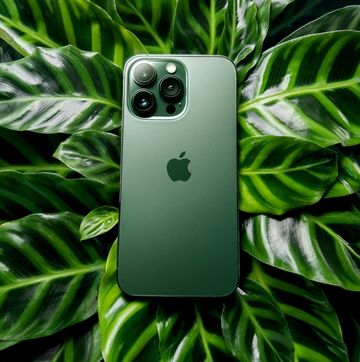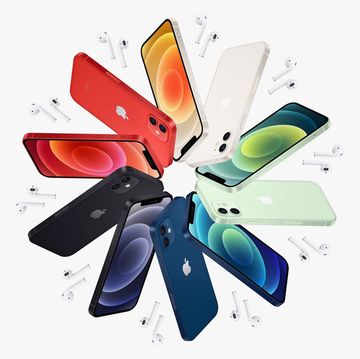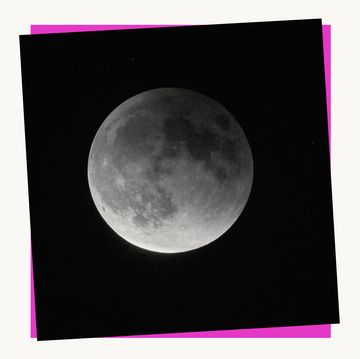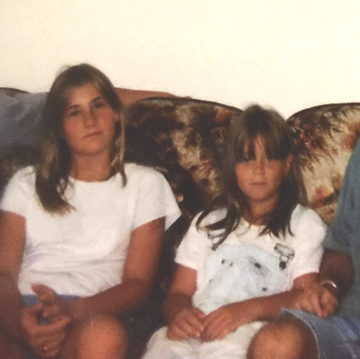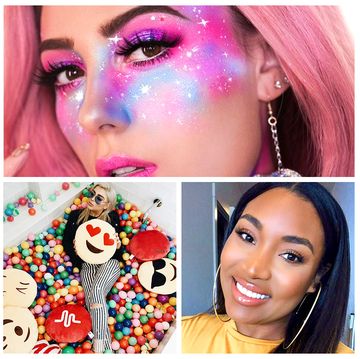I spent this past Christmas vacation at my parent's home caring for my ailing mother. She suffers from a degenerative disease that severely affects both the mind and the body and shortly before the holiday it took a sharp turn for the worse.
The result was long days spent attempting to schedule doctors appointments with offices that were keeping very limited holiday hours; coping with a confusing roster of physical conditions; agonizing, often in a cold panic, over whether a trip to the emergency room was necessary. And, since one of the symptoms of my mother's disease is dementia, seemingly endless hours spent reminding her who I was (nothing quite prepares you for the day your mother doesn't recognize you), who her family was, where she was, and what day it was. They were three of the most difficult weeks I can recall spending in my life.
But unless you were a very close friend and in touch with me via email you would never have known anything was amiss. What you would have seen, via my Instagram and Facebook, were pretty pictures of snow-covered landscapes, winter sunsets, and any number of shots of my exceedingly cute niece and nephew. All the ingredients of a happy, enviable holiday vacation. And the comments sections of each post reflected that, which was nice, but also, after the initial bump a 'like' brings to all of us, deeply confusing and, in the end, frequently ended up adding to my sense of sadness and deep loneliness. At times it's made me feel a bit ashamed that the life I was presenting was so far removed from the one I was living. At times it's also made me feel like a liar.
If you spend any significant time on the Internet (and if you don't, please share your secret with me) you will likely agree modern life is very often a tale of two selves. There's the real-life version of you, the one who wakes, dresses, needs coffee, and prepares your actual face to meet the faces that you meet on the overly crowded train, in the office, at drinks, etc.; and then there's the digital you, the two-dimensional self that runs alongside you, often behind flattering filters, or good lighting, in some sort of perennial victory lap of life.
Related: How Social Media Is Ruining My Social Skills
This is the highlight-reel self. The public-facing self. The fearless self. It's the self that wanders around the Internet collecting likes, and exclamation points, and frenetic emojis and delivers them back to you like self-affirming booty. Come to think of it, social media often feels like one extended class in self-affirmation; "You are great!," all those likes seem to cry out; "Keep doing what you're doing! Everyone loves you! People want to be you! You are the eternal Prom Queen of your digital life!"
This is also the FOMO-inducing self. The one that, intentionally or otherwise, often leaves your friends and followers writhing with anxiety and envy over the idea that they are missing something, whether it be a party, an outfit, a friend, or a key personality ingredient that keeps them from doing what you appear to be doing.
But what about life behind the filter, as it were? (Cue dramatic voiceover à la Behind the Music.) And what happens when the life online you are living diverges so sharply from your real life it's as though there is a stranger running around the Internet wearing your (flatteringly filtered) face. Where do the two meet, and how do we begin to bridge that divide (if that's even possible). What price do we pay for creating it in the first place?
That we don't yet have a language online for grief is not a new discussion. Recently friends of mine launched a website attempting to address just this problem. But it's worth noting we also have yet to create a real vernacular for the grey areas in life; the long moments in between drinks with friends, beautiful sunsets, and well-put together outfits. Life, basically. And all its messiness.
When we crop out these parts for the enjoyment of others how much are we also then cropping out of ourselves? How do I go about posting a picture I snapped of my now devastatingly frail mother smiling, slightly confused, as she drowns in a new fur coat I purchased on quick trip downtown, modeling it for my camera as though she were a child trying on her own mother's wardrobe? I don't want people to like it. That seems far too trite a response (for them as well as me), and yet it many ways it seems the truest image to come out of that holiday.
My mother's illness is such that her long-term memory remains mostly intact. One of the things I got in the habit of doing with her every day was pulling out boxes of old photos from the basement and repeatedly going over them with her – the familiarity was comforting to both of us. Most clear to her were her early teenage years; numerous shots of her in the front yard, a typical, grinning teenybopper in poodle skirts and pedal pushers. Obsessed with the treacly Hollywood celebrity magazines of that day, she could still list off the stars they featured as well as the details of their highly orchestrated public lives that often bore no resemblance to their actual lives.
Sitting there, glancing every now and then at my own Instagram feed, it made me wonder if we are at a similar stage in our own social media lives and whether, like Hollywood, which spent much of the '60s shucking off its obsession with perfection for its obsession with the gritty or the messy, we too will begin to focus our navel gaze on flaws instead of ideal angles and lighting.
There's evidence of this already. Teens are shrugging off the strategized selfie in favor of "ugly" ones, stars are snapping make-up-free selfies, and just the other week the singer Lorde tweeted two photos of herself, one edited to smooth out some red skin, one not. "I find this curious - two photos from today, one edited so my skin is perfect and one real. remember flaws are ok :-)." So maybe the language of honesty begins with images, as it so often does, and eventually trickles down to actual words.
In the meantime, perhaps we would all do well to filter in little more grey when it comes to our digital selves. As much for our audience and for the person living on this side of the filter.
Related: How The Internet, Social Media, and Smartphones Are Dividing And Conquering Our Social Conciousness
Related: That Feeling You're Feeling? It's Called Insta-Pity





